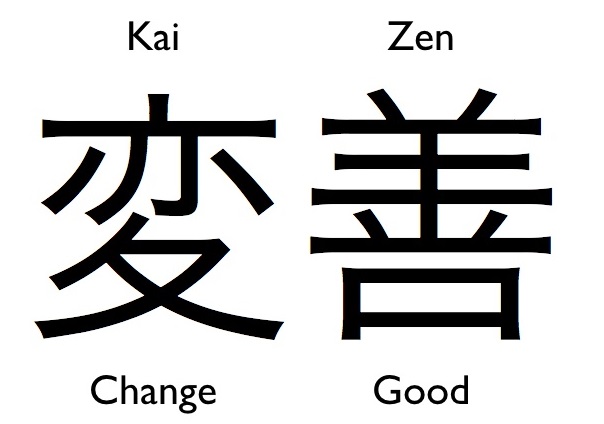Financial forecasting is a significant part of financial planning process. The financial forecasting begins with sales forecasting. Sales forecast is a forecast of firm’s future sales both in terms of volume and value. The sales forecast always begins with analyzing the historical trends in sales over the past periods. It also takes to consideration the future economic prosperity if given line of business. To determine the forecasted sales growth, the firm must rely on competitive market conditions, customers tastes and preferences, change in technology and future possibilities of market expansion. Nowadays, several statistical methods like regression analysis, time series analysis, econometric models are used to consider all these factors in providing sales forecasts. Some factors that should be considered while developing sales forecast are as follows: Provide a projection of divisional sales based on historical growth and combine the divisional sales forecasts to provide a approximate corporate sales forecast. ForecastContinue reading
Operations Management Techniques
Inventory Management Techniques
The term inventory derives from the French word inventaire and the Latin word inventariom which simply means a list of things which are found. The term inventory includes materials which are in raw form, or are in process, in the finished packaging, spares and the others which are stocked in order to meet all the unexpected demands or distribution in the future. This term usually refers to the stock at hand at a particular period of time of all those materials which are in raw form, those goods which are in progress of manufacture, all the finished products, merchandise purchased products for resale of those products, tangible products which can be seen, touched, measured or are countable. In a connection with the financial statements and records of accounting, the reference may be to the amount assigned to the stock or the pile of goods owned by an enterprise at aContinue reading
Supply Chain Performance Measurement
The main objective of performance measurement is to provide valuable information which allows firms to improve the fulfillment of customers’ requirements and to meet firm’s strategic goals. It is therefore important to measure how effectively the customers’ requirements are met and how resources are efficiently used to reach a certain level of customer satisfaction. Supply chain performance measurement is used to evaluate the effectiveness and efficiency of organizational structures, processes and resources not only for one firm but also for the entire supply chain. It provides some basis for understanding the whole system, influence the behavior and supply information about the performance of the supply chain participants and stakeholders. Developing and using performance measures is an essential function of management. The usage of performance measurement systems also supports the objectives of transparency and a mutual understanding of the whole supply chain. Supply Chain Controlling One of the main tasks ofContinue reading
Kaizen – The Philosophy of Continuous Improvement
What is Kaizen? Japan’s management philosophy has introduced a new creative strategy for competitive success in business, or the so-called “Kaizen” model. The term Kaizen began to receive attention from management experts and scholars around the world when Masaaki Imai published his first book in 1986, “The Key to Japan’s Competitive Success”. Kaizen is a Japanese word with literally mean improvement, taken from words ‘Kai’, which means continuous and ‘zen’ which means improvement. Some translate ‘Kai’ to mean change and ‘zen’ to mean good, or for the better. In the context of Lean manufacturing, kaizen is understood to signify small, incremental, and frequent improvements to a process. Lean philosophy states that the large improvement which just require small amounts of investment and risk. The kaizen main mindset is making process improvements without adding people and space to the process. The more important one is implement the change without spending theContinue reading
9 Steps to Implement a Total Quality Management System
Total Quality Management (TQM) is a function to develop quality and performance which resolve surpass consumer expectations. It can accomplished by integrate the quality associated functions and processes through the organization. TQM looks at the particular quality measures apply by organization as well as managing quality development and design, maintenance and quality control, quality assurance and quality improvement. Furthermore, TQM takes account into all quality measures that taken at all stages and concerning all organization employees. Besides that, Total Quality Management (TQM) plans in an effort to maintain competitiveness in categorize to attain consumer satisfaction in the increasing of competition around the world. TQM is an integrative idea of administration for incessantly civilizing the quality of progression and products. TQM is the purpose on the basis that the quality of the products and processes is the dependability of everybody who is concerned with the conception or utilization of the servicesContinue reading
Principles of Material Handling
Material Handling is the art of implementing movement of materials-economically and safely. In the classic sense, Material Handling is the act of creating Time and Place utility, as distinct from Manufacturing, which creates form utility. The proper application of Material Handling knowledge will result in the smooth integration of all the process in an enterprise into one efficient Production Machine. The principles presented here represent an accumulation of experience equivalent to untold years of practice. They are adapted from those stated in the literature, with certain changes made for clarification and with several new one added to round out the coverage of the field. In reviewing the principles it will be found that nearly every one applies to several aspects of Material Handling and aids in accomplishing one or more objectives. 1. Principle of Planning: All Handling activities should be planned. Description: If there is one principle on which allContinue reading
